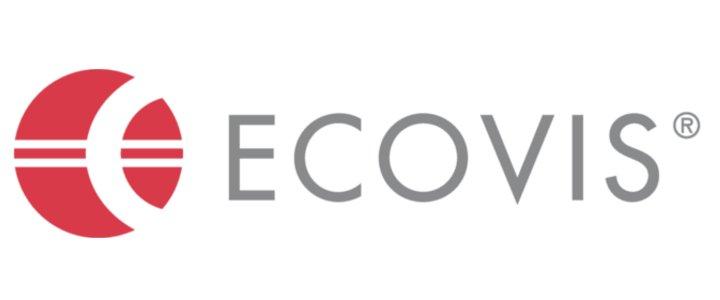What is the future of the workforce?
The future of work signifies an opportunity for our workforces and work places to evolve. This evolution is being shaped by two powerful forces: the growing adoption of artificial intelligence and the expansion of the workforce.
Automation and thinking machines are replacing human tasks and jobs and changing the skills that organizations are looking for in their people. The future of work asks us to consider the most important questions of our age. What influence will the continuing march of technology, robotic, automation and artificial intelligence have on where we work and how we work? Will we need to work at all? What is our place in an automated world? Some experts focus on technology and the role that automation is predicted to have on jobs and the workplace, and some others consider it less about technological innovation and more about the manner in which humans decide to use the technology.
As companies transform their business models and strategies to realize the opportunities offered by the digital transformation, three interrelated dimensions must be identified for the future workforce:
- skills required
- workforce needed and
- the shape of the workforce
With the advent of new disruptive technologies such as blockchain, cloud computing, virtual reality, machine learning, robotic process automation, big data and analytics, the roles and jobs have being shifting dramatically, therefore the traditional model in which employees apply their skills within fixed roles defined through organizational hierarchy is being replace by a more dynamic model with talented individuals applying multiple and diverse skills, say the experts at Ecovis.
Tax reform: Colombia is preparing itself for tomorrow’s world of work
On December 28, 2018, Colombia enacted a new tax reform (Law 1943-Tax Reform). This tax reform makes various changes to the Colombian tax rules that generally apply from January 2019. The highlights are a reduction in tax rates and the establishment of an income tax flat rate of 9% for certain industries and activities. On the other hand, several income tax incentives were created for certain entrepreneurial activities related to technological and creative industries.
Furthermore, the city of Medellin is considering establishing a tax exemption scheme for those companies that set up in the city under certain established parameters, depending on their activities and the creation of new jobs.
Author
Ricardo Palacios Bazzani, GMBA, MBA, CP, ECOVIS Colombia, Bogota, Colombia
Das Beratungsunternehmen Ecovis unterstützt mittelständische Unternehmen. In Deutschland zählt es zu den Top 10 der Branche. Etwa 7.500 Mitarbeiterinnen und Mitarbeiter arbeiten in den mehr als 100 deutschen Büros sowie weltweit in Partnerkanzleien in über 75 Ländern. Ecovis betreut und berät Familienunternehmen, inhabergeführte Betriebe sowie Freiberufler und Privatpersonen. Um das wirtschaftliche Handeln seiner Mandanten nachhaltig zu sichern und zu fördern, bündelt Ecovis die nationale und internationale Fach- und Branchenexpertise aller Steuerberater, Wirtschaftsprüfer, Rechtsanwälte und Unternehmensberater. Jede Ecovis-Kanzlei kann auf diesen Wissenspool zurückgreifen.
Darüber hinaus steht die Ecovis Akademie für fundierte Ausbildung sowie für kontinuierliche und aktuelle Weiterbildung. All dies gewährleistet, dass die Beraterinnen und Berater ihre Mandanten vor Ort persönlich gut beraten.
www.ecovis.com
ECOVIS AG Steuerberatungsgesellschaft
Ernst-Reuter-Platz 10
10587 Berlin
Telefon: +49 89 5898-266
Telefax: +49 (30) 310008556
http://www.ecovis.com
ECOVIS AG Steuerberatungsgesellschaft*
Telefon: +49 (89) 5898-266
E-Mail: gudrun.bergdolt@ecovis.com
![]()
